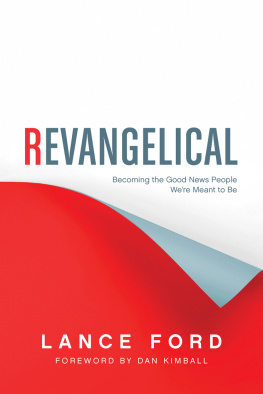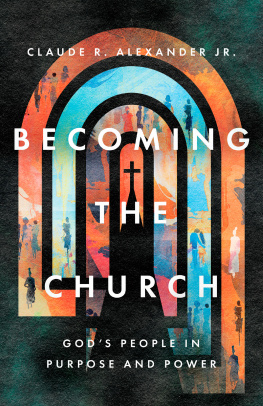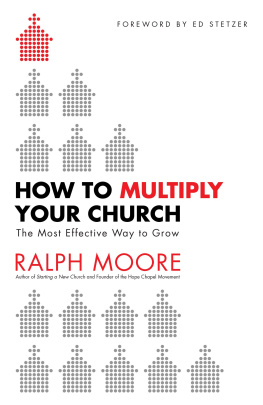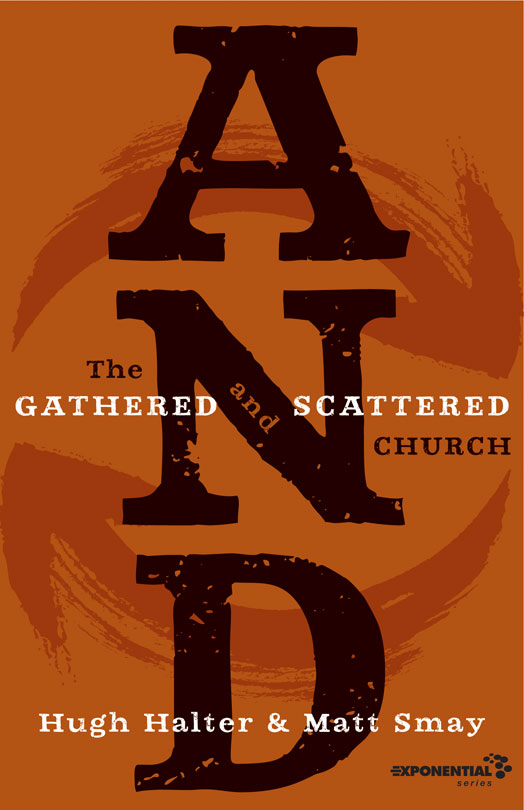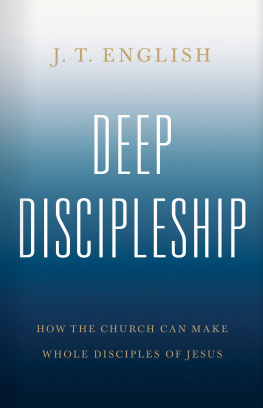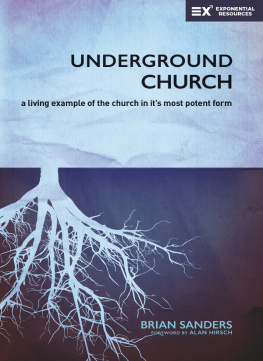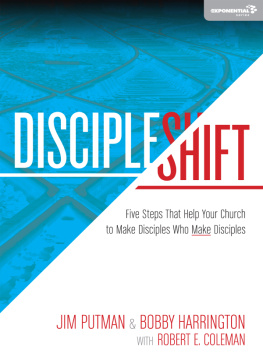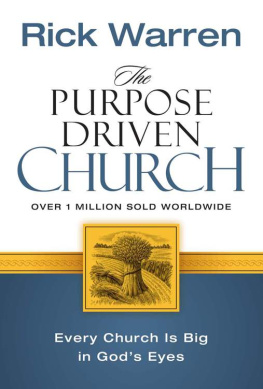Bryan Collier

THE GO-TO CHURCH
POST MEGACHURCH GROWTH
Copyright 2013 by Abingdon Press
All rights reserved.
No part of this work may be reproduced or transmitted in any form or by any means, electronic or mechanical, including photocopying and recording, or by any information storage or retrieval system, except as may be expressly permitted by the 1976 Copyright Act or in writing from the publisher. Requests for permission should be addressed to Abingdon Press, P.O. Box 801, 201 Eighth Avenue South, Nashville, TN 37202-0801 or .
This book is printed on acid-free paper.
Library of Congress Cataloging-in-Publication Data has been requested.
ISBN 978-1-4267-5325-1
Scripture quotations are taken from the Holy Bible, New Living Translation, copyright 1996. Used by permission of Tyndale House Publishers, Inc., Wheaton, Illinois 60189. All rights reserved.
13 14 15 16 17 18 19 20 21 2210 9 8 7 6 5 4 3 2 1
MANUFACTURED IN THE UNITED STATES OF AMERICA
To my family,
Wendy, Olivia, and Houston,
and The Orchard Family:
Thanks for loving Jesus and loving
others enough to try new things!
CONTENTS
Chapter 1
Being a Go - To Church
Introduction
Do you have a dream of vibrancy for your local church? Do you desire to be fruitful for Christs kingdom? Do you desire to reach the unchurched and unreached in your community? Do you feel at a loss for new ideas to attract people to your church? If so, then become a Go-To Church. Become a church that decides to go-to rather than wait for the world to come-to; ask a different set of questions; live by a different set of rules; change the way you think and live and serve and you can see your desires and Gods dreams realized.
In the summer of 1998, God sent my wife, Wendy, and me to Tupelo, Mississippi, to begin a new United Methodist faith community. Tupelo was a fast-growing furniture town near the community where I grew up. The prospect of starting a new church was both daunting and exciting, and we moved to town with passion, vision, and a dream.
During the year prior to our arrival in Tupelo, we had been part of a Doctor of Ministry residential program that focused on Biblical Preaching and Leadership. We had accepted that residential fellowship with a specific group of people in mindthose who did not go to church for any reason. My wife and I both grew up in church; in church vernacular, we were both lifers. But we both knew many people in the Tupelo region who had been burned by church, did not understand church, did not like church, or could not see faiths relevance to their everyday lives. With these people in mind, we moved to Tupelo and went to work.
When we began to consider a strategy for reaching that group of people and being the kind of church they would consider attending, it became obvious that there was a group of people who had faced the same challenge, had the same heart, and had been largely successful at itthe first disciples. The fact that every person in all of history, past, present, or future, who had ever believed in the resurrection and trusted Jesus with their lives could trace the beginning of hearing the good news back to one of those original twelve was a strong testimony that they had a great plan and tremendous resources to get the job done. With that in mind, we began to search the Scriptures closely for insights that might inform and empower the work God had given us to do in the Tupelo region.
When the early church began, there were a few more people involved than just the original twelve. However, it is clear from Scripture that Jesus firmly placed the responsibility of interesting the disinterested on them. We too felt that same responsibility, and with that responsibility came an overwhelming feeling that we were in over our heads. But Scripture also comforted us as we recognized that Gods story is full of accounts of God giving human beings monumental tasks. However, it is also Gods practice to give the resources and the direction necessary to get the job done.
God told Abraham that he would be the father of a multitude when Abraham had no children. When Abraham believed, God gave Abraham a son and descendants as numerous as the stars. God told Noah to build an ark to save his family and two of every species on the earth at the time because an enormous flood would come to destroy every living thing. Noah, with Gods blueprint, built the ark, and God brought the animals to Noah so he could put them on the boat. David faced Goliath, Elijah challenged the four hundred prophets of Baal, and Moses faced down Egypts greatest Pharaohand these are just a few of the stories of God giving human beings monumental tasks and the resources to do them.
We should not be surprised that Jesus gave the disciples the monumental task of reaching the world. Jesus was not giving the disciples some motivational take-the-world-by-storm kind of speech. It was Jesus intention that those disciples would perpetuate the task he had begun in such a way that it might one day come to completion.
Wendy and I wanted to be faithful in that work and to be part of a community of faith that wanted to be faithful in that work, and so we began to plan, dream, and cast vision for a community of faith called The Orchard, which would be an orchard not only in name but also in practice.
The Orchard and an Orchard
This name and this dream were birthed as we became entrenched in John 15.
John 15 is divided into two large sections around a pivotal verse, John 15:16. Jesus announces, You didnt choose me. I chose you. I appointed you to go and produce lasting fruit, so that the Father will give you whatever you ask for, using my name. Jesus uses multiple images for what he wants disciples to be doing, but here he clearly points out that he expects us to bear fruit.
In teaching and leading, we wanted to be clear not only about what Jesus wanted us to do but also how he wanted us to do it. There are, depending on which version you read, approximately forty-three mentions of the word fruit in the New Testament. If you begin to group those forty-three occurrences, then you find that they begin to arrange themselves into three distinct groups. I titled these groups and identified a representative Scripture reference for each group as a way of trying to understand what Jesus meant by fruit so we can determine just how we are to produce it.
The first fruit group might be called Presentation. Jesus says, Yes, just as you can identify a tree by its fruit, so you can identify people by their actions (Matthew 7:20). Jesus is indicating that you can tell where someone is rooted by the kind of fruit on the end of the branch. If he or she is rooted in Christ, then that person will produce a very different kind of fruit than if he or she is rooted in the self or in anything other than Christ.
The second fruit group might be called Progress. In John 17:17 Jesus prays that God the Father would make his disciples holy by setting them apart in truth. This holy-making that Jesus prays for is a little more clearly understood when we read a passage from Pauls letter to the Galatians. Paul writes, But the Holy Spirit produces this kind of fruit in our lives: love, joy, peace, patience, kindness, goodness, faithfulness, gentleness, and self-control (Galatians 5:22-23). The Holy Spirit is at work progressively making us more fully into the likeness of Christ. The Spirit is producing fruit in our lives.


